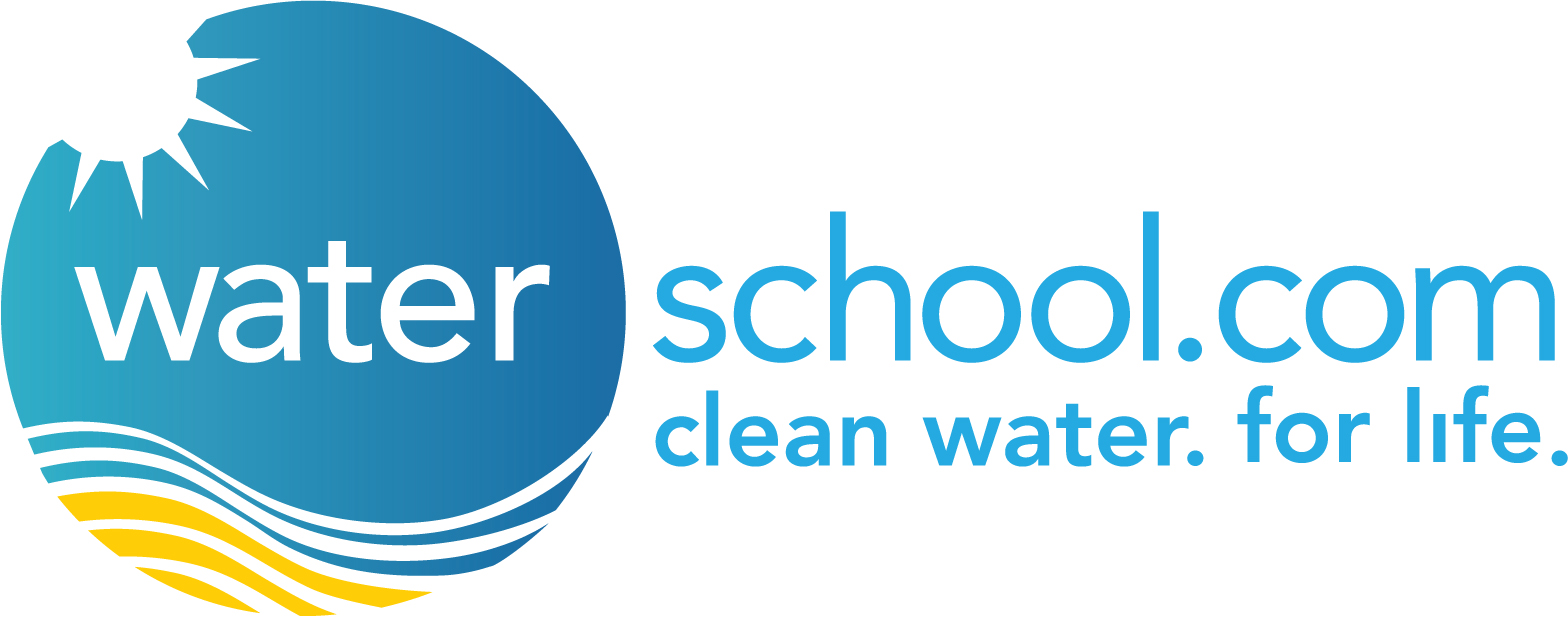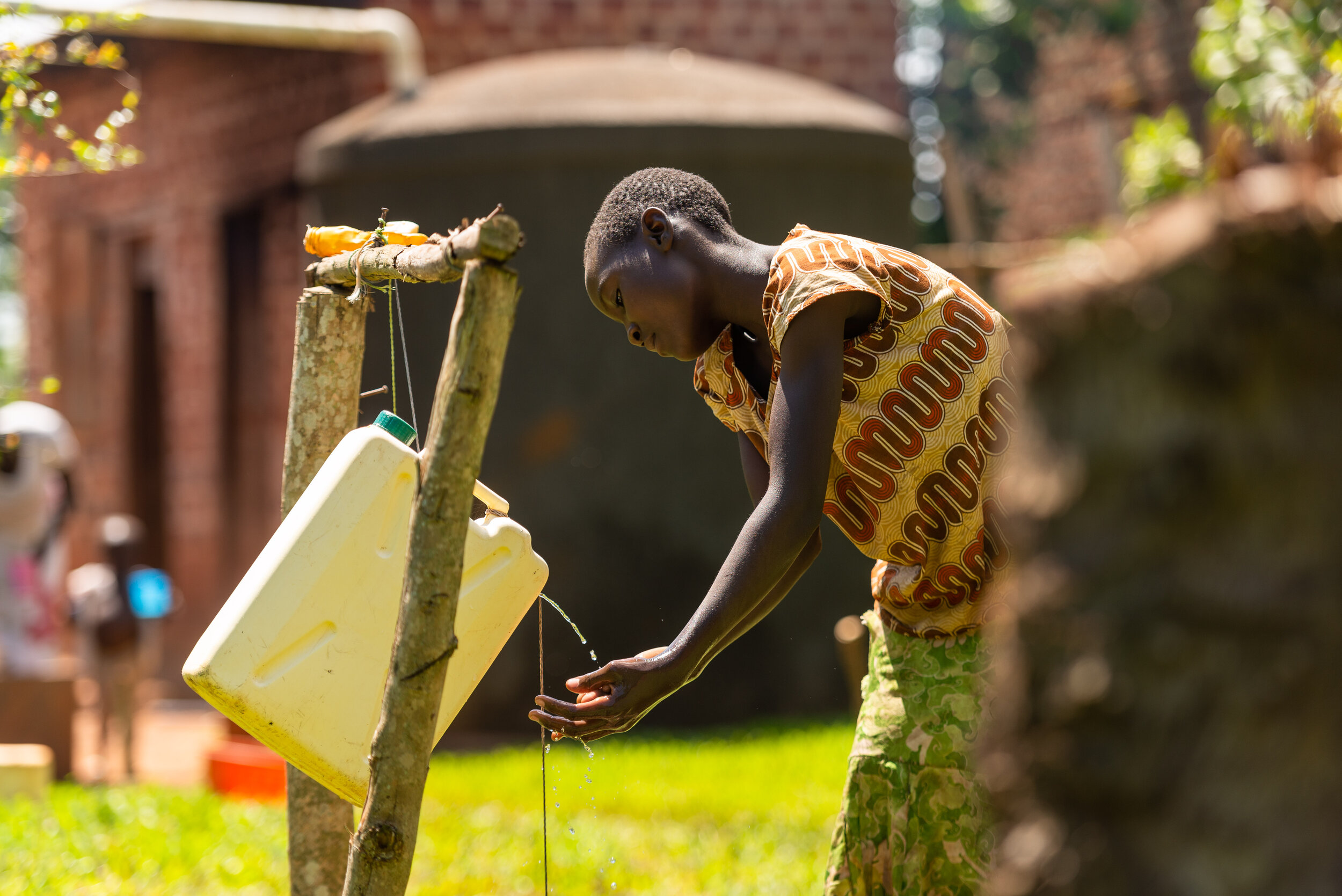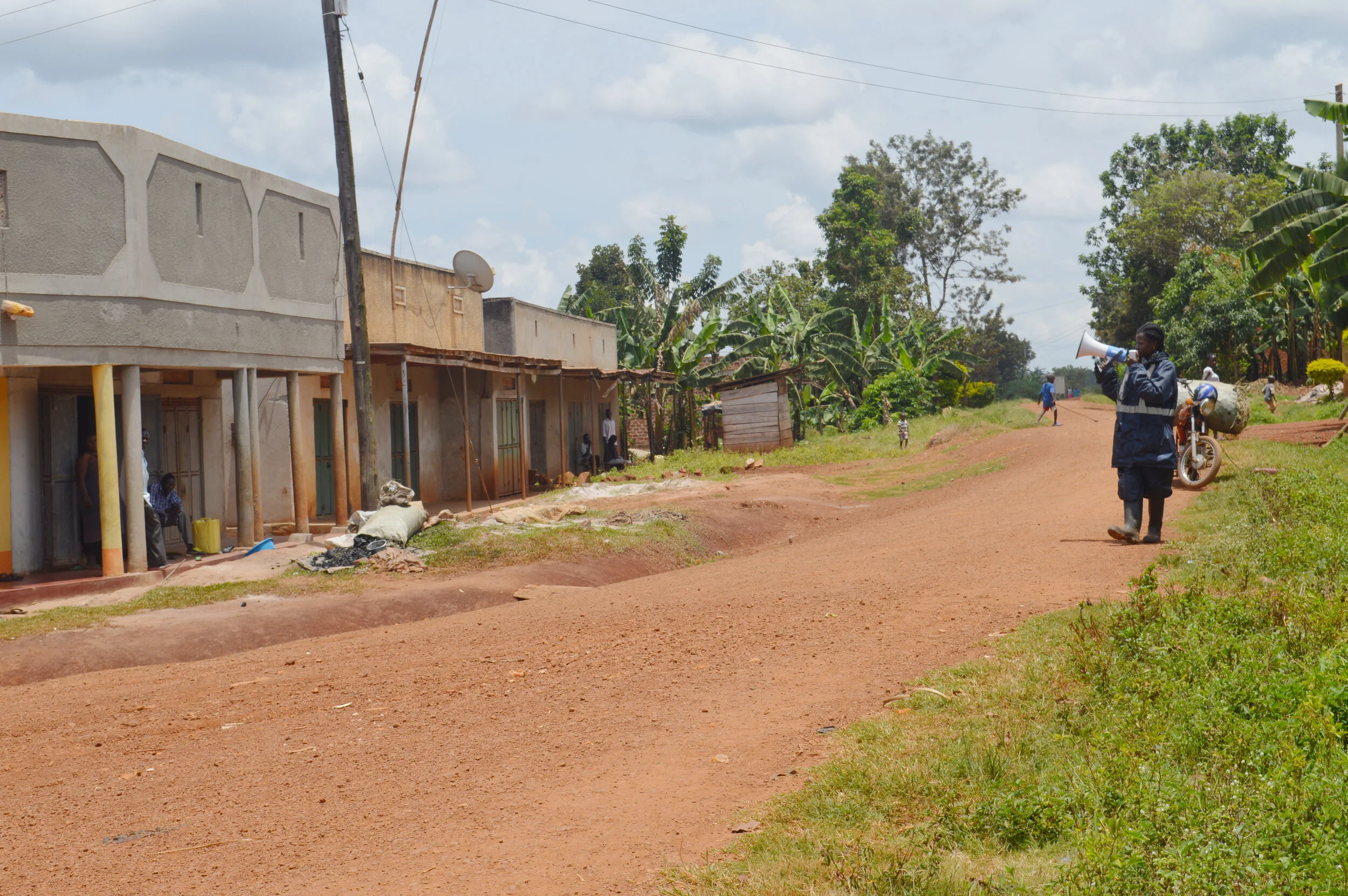Welcome to our 2019 Community Impact Report.
This is what your support looks like in action.
Dear WaterSchool Friends,
As COVID-19 sweeps the globe and brings our communities and economies to a stand-still, one of the refrains we continue to hear is astonishingly simple: wash your hands. As we’ve all experienced in the past few months, when health is compromised because of bacteria and viruses, education systems shutter, economies are stalled, and the well-being of entire nations hang in the balance.
At its core, the coronavirus epidemic has reminded me of how essential clean water and basic sanitation and hygiene practices are. These are the simple yet transformative tools that protect us all and enable us to be healthy and flourish -- regardless of where we live.
For years, WaterSchool has known this truth and focused all of our resources and expertise on simple, replicable solutions. These solutions support the most vulnerable Ugandans in accessing clean water and basic sanitation and hygiene practices that are foundational to good health. Something as simple as helping a mom build a tippy-tap hand washing station so she doesn’t get sick and miss work changes the way communities flourish and economies thrive.
Your support over the past year has been vital - thank you for standing with us. As you read this report, I hope you see the significant impact you’ve made in people’s lives in Uganda and how you have invested in the long-term health and wellbeing of families and communities.
With hope for the future,
Richard Lau
Executive Director, WaterSchool












